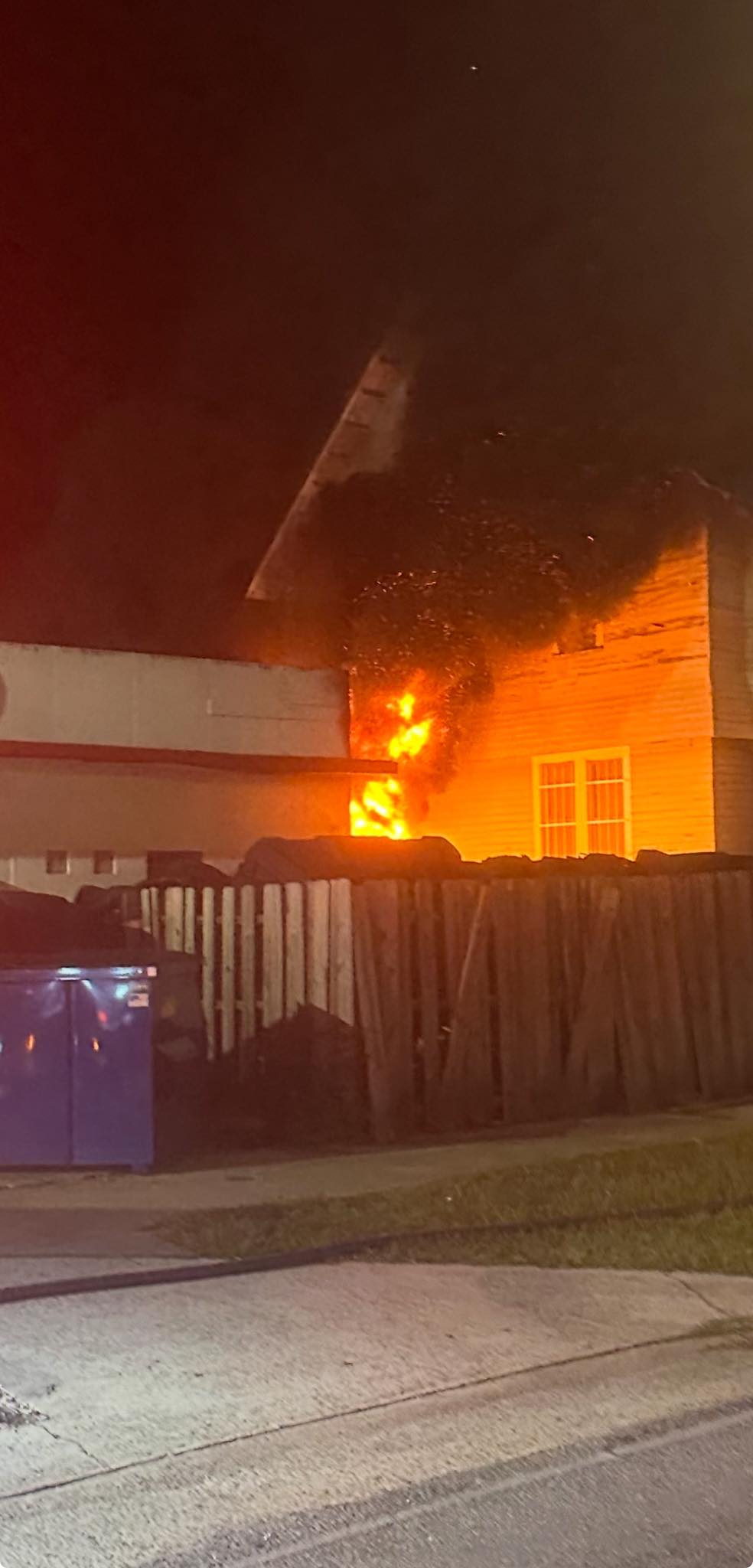First responders testify to state of defendants at Arbery murder scene
Published 8:00 pm Monday, November 8, 2021

- Former Glynn County Police Department Officer Ricky Minshew, at right, points to an area of the Satilla Shores neighborhood near where the shooting of Ahmaud Arbery occurred. Travis McMichael's attorney Jason Sheffield is at left.
BRUNSWICK, Ga. — While Greg McMichael told a police officer his son Travis “had no choice,” but to shoot Ahmaud Arbery, a police sergeant testified Monday a search of Arbery’s dead body turned up no weapons or any other personal items.
Former Glynn County Police Department patrol officer Ricky Minshew testified that Greg McMichael told him at the scene of the shooting on Feb. 23, 2020, his son Travis had “no choice” during day two of the trial of three white men accused of killing Arbery, a 25-year-old Black man who was jogging in their neighborhood.
Trending
Minshew was one of the first public responders on the scene, responding to a suspicious person call.
Shortly after arriving at the Satilla Shores neighborhood, Minshew said he heard two loud “pop” sounds, which at the time he said wasn’t uncommon as people occasionally use fireworks in the area.
He said he continued driving slowly in the neighborhood to see what he could observe when he came upon the intersection of Satilla Drive and Holmes Road less than a minute after the sound. He then saw the McMichaels flagging him down.
As Minshew approached the scene, he said Greg McMichael appeared to be walking away from William “Roddie” Bryan’s truck, which was parked behind the McMichaels’ truck.
“Roddie has it on film,” the elder McMichael said, according to Minshew’s testimony.
Bryan had followed behind the McMichaels’ in their pursuit of Arbery. He began recording the pursuit from his truck, ultimately capturing Travis McMichael shooting Arbery after a brief tussle.
Trending
Minshew later testified that his body cam video appears to capture Greg McMichael saying, “He had no choice.” The elder McMichael later said that Arbery tried to attack the younger McMichael.
Bryan’s attorney, Kevin Gough, as well as the McMichaels’ defense, contend that the trio was attempting to perform a citizen’s arrest on Arbery, who they believed was responsible for a burglary. Gough referred to Bryan’s comment to police that he believed Arbery to be “up to something” when he decided to follow behind the McMicheals in the chase of Arbery.
Following the shooting, Bryan had told police things in the neighborhood had been getting “worse” in the last three weeks based off of what he’d been hearing and reading, according to Minshew’s testimony.
“If the guy would’ve stopped…to see what was going on…he obviously was up to something,” Minshew read of his body cam transcript of Bryan’s statements. “…Should I have been chasing him, I don’t know?”
According to Minshew’s testimony, Bryan said he blocked and cornered Arbery at least five times. Minshew testified that Bryan, who wasn’t wearing a seatbelt during the chase, said he felt that he was going to be “thrown through the windshield trying to chase the joker.”
“It was almost like the Black guy was tired of running,” Bryan said to Minshew, according to the body cam transcript.
Arbery lay facedown in the road, a large blood puddle spread under and around his body, blood covering the back of his shirt, according to Minshew, who said he heard Arbery’s “death rattle,” a sound he said typically comes after someone takes their last breath.
Minshew said he didn’t render aid to Arbery at the time because his patrol car wasn’t equipped with medical equipment and not knowing what had just happened, he needed to be alert and aware of his surroundings for his safety. Another officer, William Dugan — who was the first witness to testify one the first day of the trial Friday— later attempted to render aid to Arbery when he arrived.
Minshew said as he was waiting for other officers to arrive, he observed a shotgun with a “significant” amount of blood on it and a silver revolver in the passenger seat of the McMichaels’ truck.
Travis McMichael also had blood on his arm and shirt. Defense attorneys, during discussions, said the blood was from Travis McMichael checking Arbery after the altercation to see if he was armed.
Glynn County Police Sgt. Shelia Ramos testified Monday that no personal items were found on Arbery— specifically no weapon, phone or wallet. Defense attorneys asked if she she had canvased other areas of the neighborhood where Arbery was running for any potential items Arbery could have discarded. She said she had not.
The McMichaels and Bryan were not immediately arrested for Arbery’s death. It wasn’t until Bryan’s video was made public and after protests ensues that the three men were charged in Glynn County Superior Court with malice murder, felony murder, aggravated assault, false imprisonment and criminal attempt to commit a felony in May 2020.
They are also federally charged with federal hate crimes— interference with rights and attempted kidnapping, alleging that the trio used force and threats of force to intimidate and interfere with Arbery’s right to use a public street because of his race.
Following Arbery’s death, Georgia lawmakers weakened the state’s citizen’s arrest laws, which now prohibits bystanders from detaining anyone and from using deadly force. However, owners of retail and food service establishments are the only non-law enforcement personnel allowed to make citizen’s arrests if there is suspicion of theft, per HB 479. Each state has still has some form of citizen’s arrest laws that vary by state.





